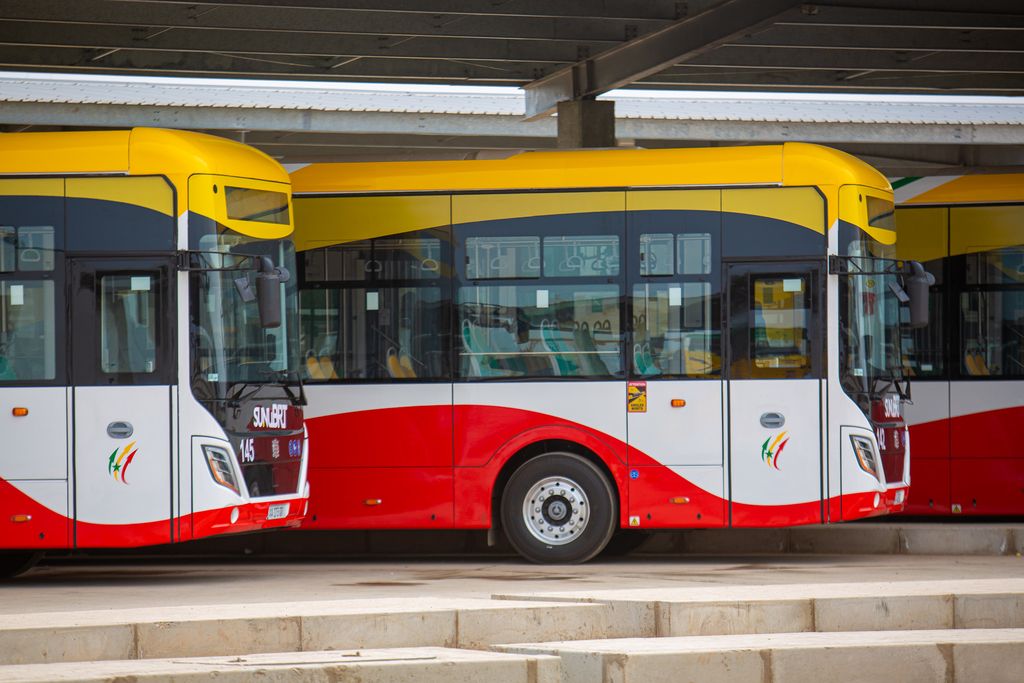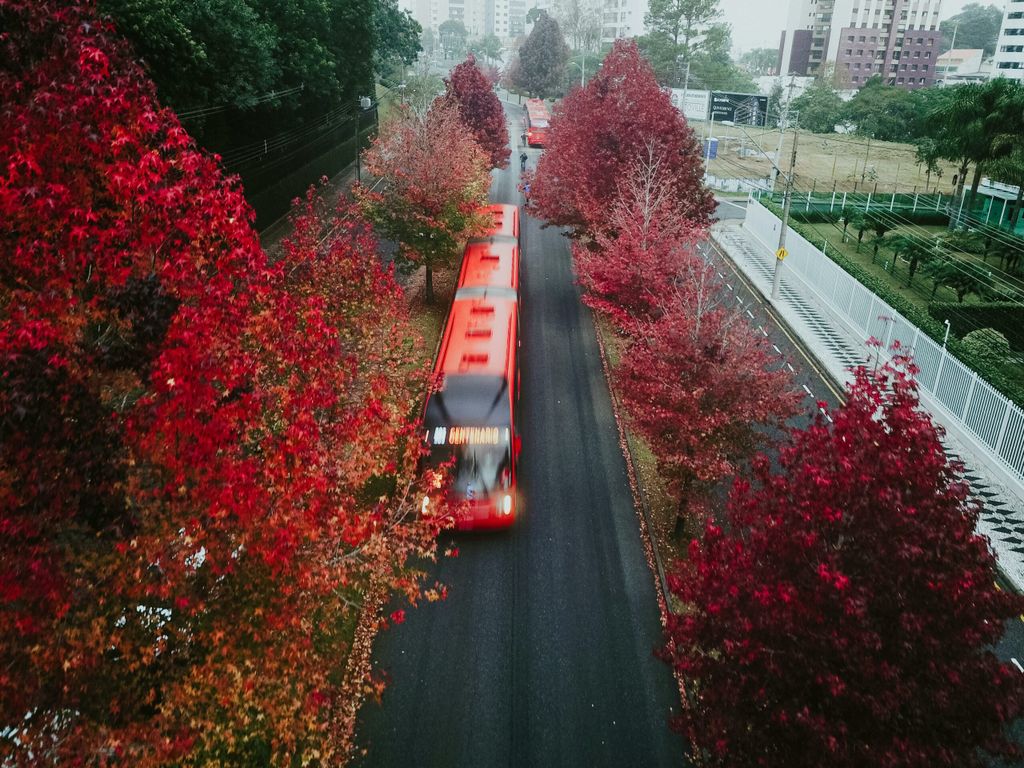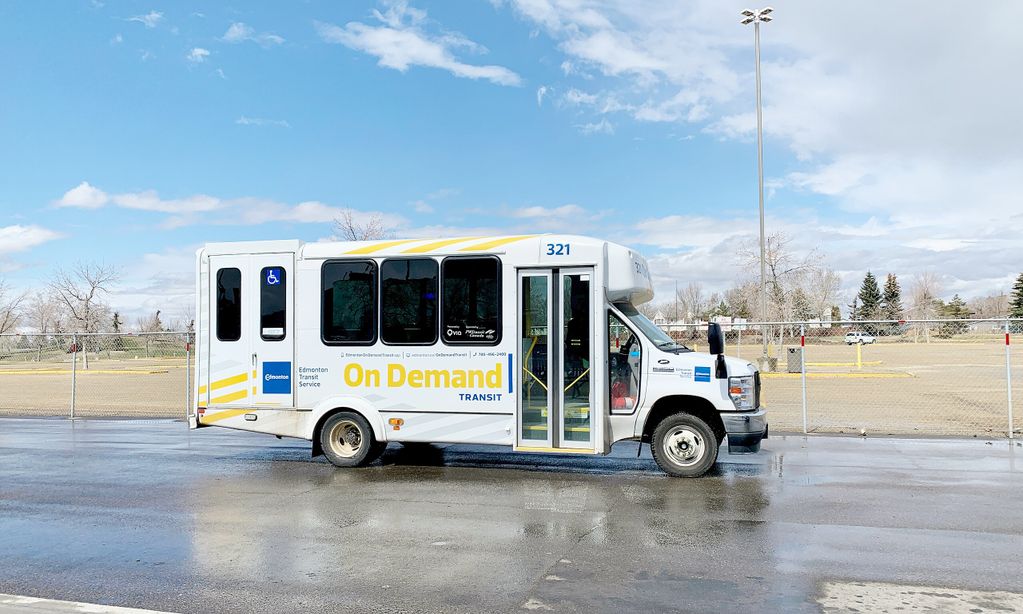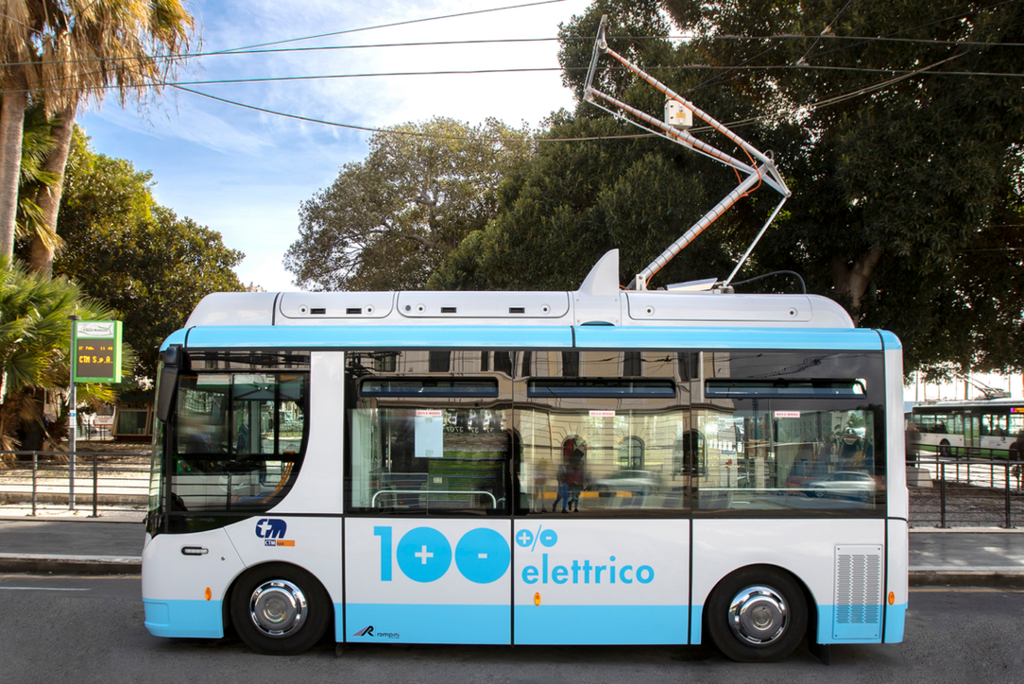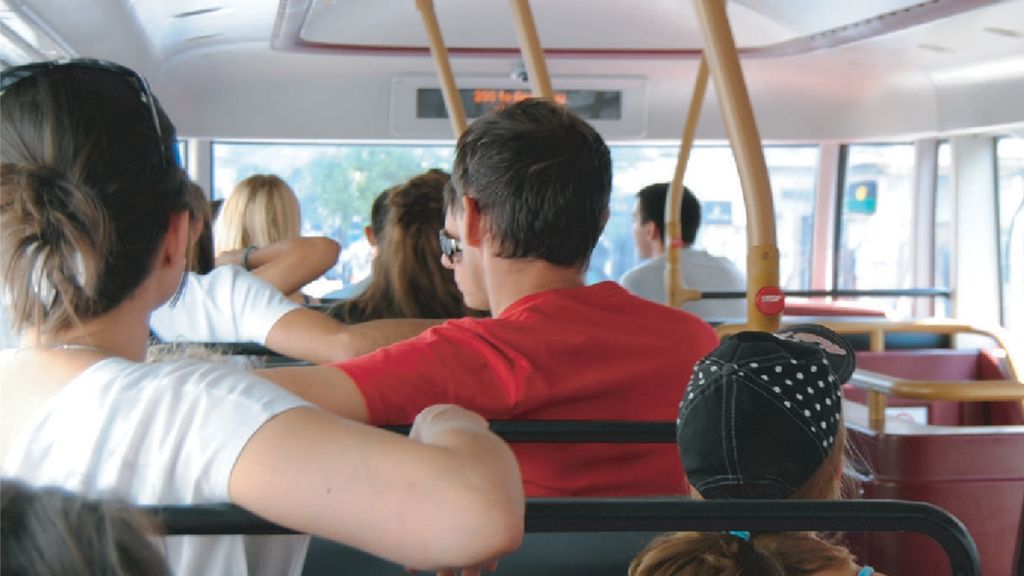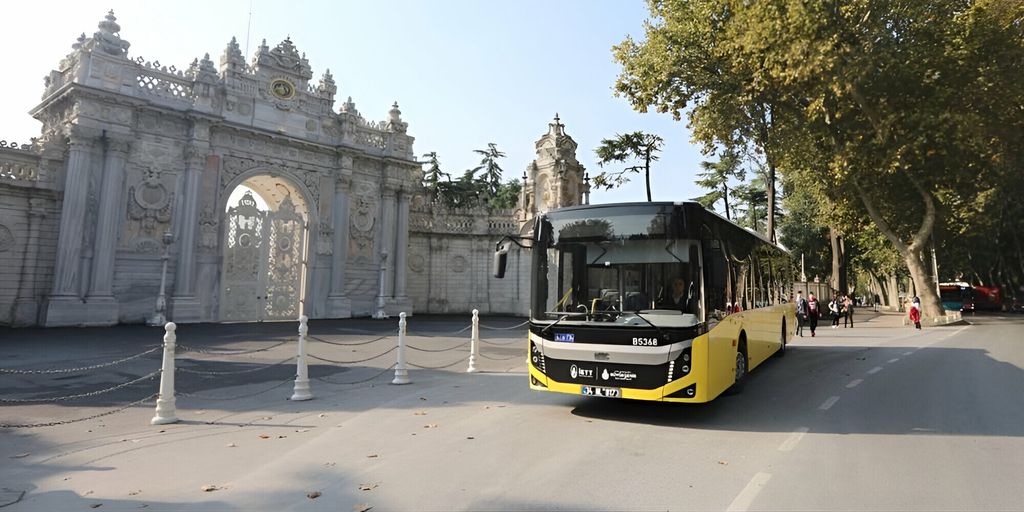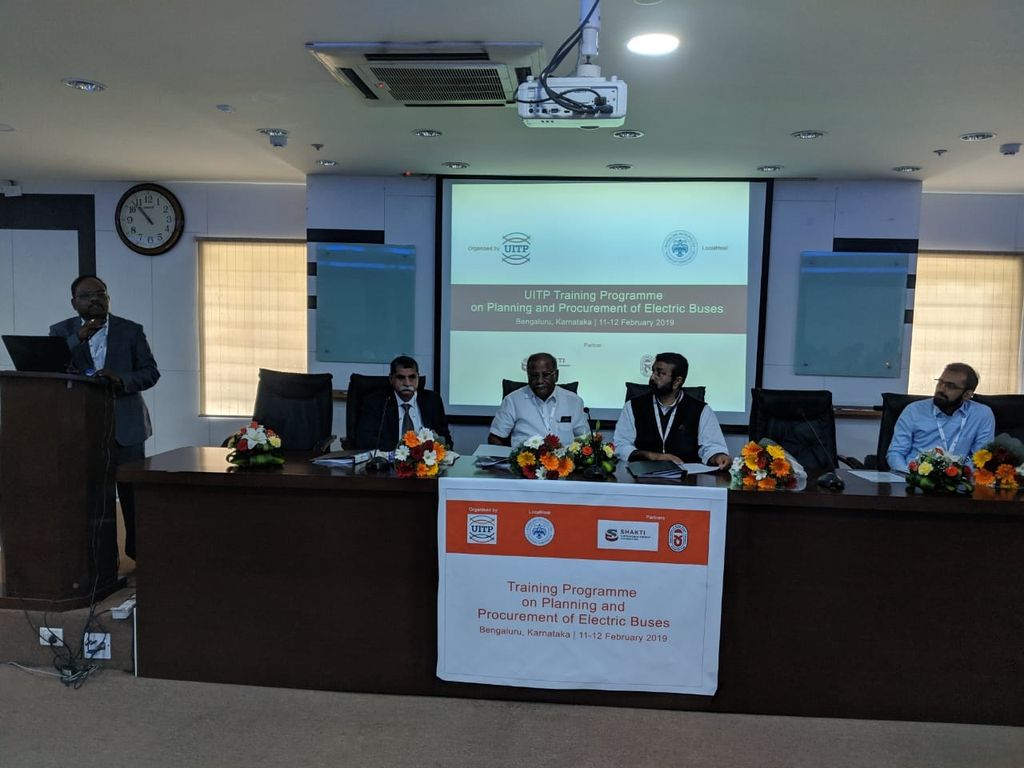
Electromobility and sustainable energy: The latest news from UITP India
About FAME
India is currently undergoing an electric mobility revolution triggered by government schemes such as FAME or Faster Adoption and Manufacturing of Hybrid & Electric Vehicles – a scheme launched by Government of India in March 2015 with an aim to promote hybrid and electric vehicles. It recently witnessed the introduction of its second Phase in February 2019. The revised scheme FAME India Phase II and its guidelines were approved by Union Cabinet for implementation over a period of three years with effect from 1 April 2019. The Scheme has an outlay of INR 100 Billion. The scheme covers electric two- wheelers, three wheelers, four wheelers and buses. The focus is largely on public transportation vehicles.
UITP India’s electric bus projects
UITP India is involved in two projects related to the revolutionising FAME scheme – one is with Shakti Sustainable Energy Foundation (SSEF). SSEF is a non- profit based in India with a mandate of working towards renewal energy, energy efficiency, electric utilities, sustainable transport planning, fuel efficiency and factors affecting the climatic environment. The project“Create Enabling Mechanisms to scale up adoption of electric buses in Indian cities”involves informing the FAME I and II schemes of the Government of India in identifying the financial incentives needed to promote electric vehicles, design of the incentive structure and its implementation, developing a model tender document for purchase and/ or lease of electric buses to be incentivised under the FAME scheme and training programs on electric buses.
The second project UITP India is working on isLow carbon public fleet in Bangalorewith ICCT and funded by the International Climate Initiative (IKI), Germany. The project aims to accelerate India’s transition to soot-free and zero emission urban bus fleet as an early action to improve local air quality to reduce greenhouse gas emissions. The project seeks to support public transit operators and individuals who regulate the environmental performance of public fleets as the primary implementers of any technology transition. A memorandum of understanding, signed for three years between ICCT and UITP India, will see bothwork jointly towards advancing a clean public fleet in India. The project involves a long-term fleet transition plan for the Bengaluru Metropolitan Transport Corporation (BMTC) –the largest city bus fleet operator in India, to be a 100% electric fleet based system. The project involves organising two special trainings per year for knowledge sharing and capacity building, leveraging learnings from BMTC and sharing them in annual bus seminar. Utilise outreach channels to communicate best practices in the industry.

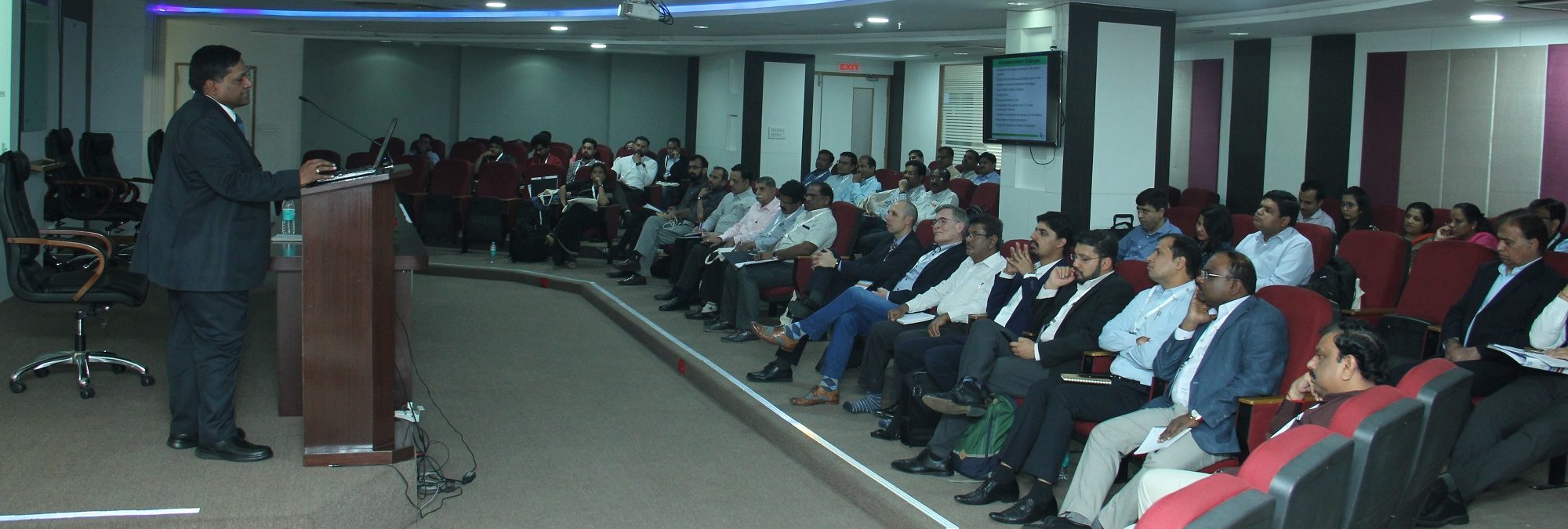
Trainings conducted under projects
One such training program was held on 11-12 February 2019 onPlanning and Procurement of electric buses.The event was co-hosted by Bengaluru Metropolitan Transport Corporation (BMTC). The training programme brought together more than 60 participants representing 30 organisations comprising of State Transport Undertakings, Special Purpose Vehicles (SPVs) managing city buses, manufacturers, think-tanks and consultants. Indian and International experts with extensive experience in electric bus sector delivered lectures on a wide range of planning and procurement issues. The second edition of the training is scheduled on 8-9 July 2019 in New Delhi and is onDeployment Strategies of electric buses.The event is co-hosted by Delhi Integrated Multimodal Transit System Ltd (DIMTS) and would see participation from State Transport Undertakings, Special Purpose Vehicles (SPVs) managing city buses, multilateral and bilateral organizations, manufacturers, think-tanks and consultants. The national and international trainers include representations from International Council on Clean Transportation (ICCT), Shenzhen Bus Group, bilateral organization, think tank and government ministries.
E Bus working group
An ‘Electric bus working group’ was constituted for India to share knowledge from the project with a National level audience and to encourage peer to peer knowledge and data exchange. The project activities involve evaluating total cost of ownership, institutionalising depot and route prioritisation project process, project case preparation for financing.
Both projects ongoing in India generate active discussions amongst participants of trainings and other stakeholders. The reports, the working groups and trainings address many apprehensions cities had, or continue to have on electric bus deployment. UITP is deepening its involvement in this sector by ngaging with the Ministry of Road Transport and Highways (MoRTH) and the Department of Heavy Industries (DHI). This work and more will continue to see UITP advocate for public transport solutions across India as a champion for urban mobility in the country.




